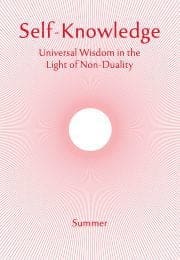Successful Living
On the stage of matter the soul is left to act. The purpose of our engagement in action is to help our fellow-actors to realise their own freedom, and to attain to liberation from the bonds imposed on them by matter in its various manifestations.
The stage-manager of this drama is the Lord omniscient and omnipotent. Both matter and soul are his two prakritis (natures). The one composed of matter is called the lower; the other is the higher. The stage and the acting are not real. It is His will which produces both the stage and the actor. Both being His nature, He Himself is, in fact, the all.
The play is governed by the laws which the Lord has created. Matter is governed by His eternal decrees called laws: the law which governs the actor is Dharma, to which the actor must conform in order to make the drama a success. The play is eternal. Both time and space are parts of the stage. The instrument of the play is the mind (antahkarana). Pleasure is an inducement to continue the drama, and pain is a warning that there is something wrong.
The ultimate purpose of the drama is that the actor, or soul (jiva) may realise its true nature and feel that the Lord is the producer, the stage-manager and the stage, and also recognise that the seemingly individualised existence is a mere reflection of the Lord supreme.
Subscribe or enrol for free guest access to read all of this article and Self-Knowledge online.
Already subscribed or enrolled? Log in:


